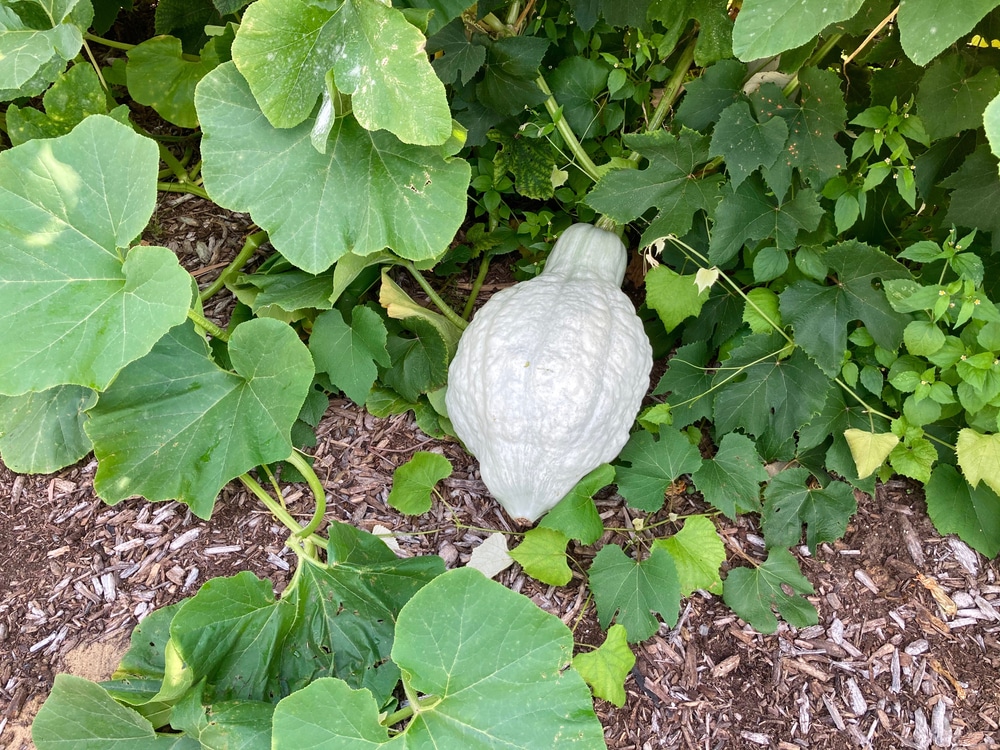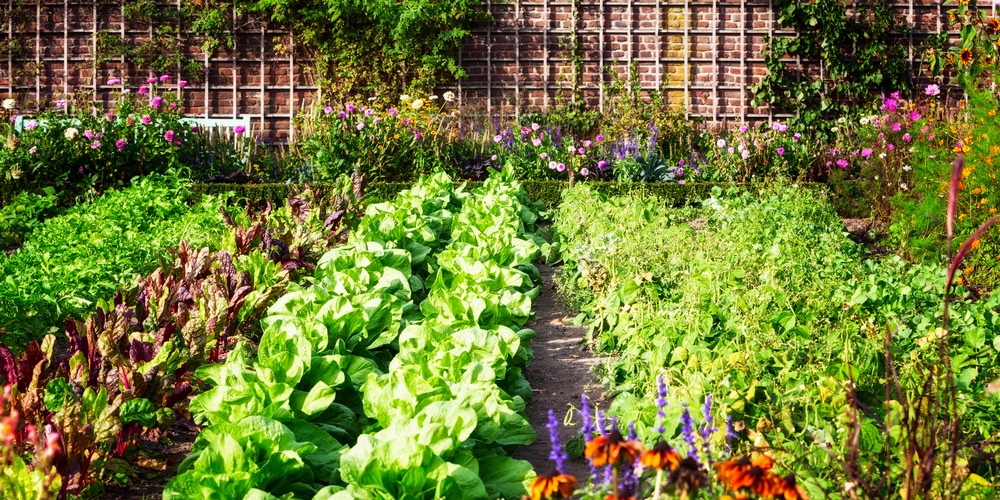People like tidy gardens. And if you are into gardening, you might have experienced the challenge of having grass growing when it should. Indeed, sometimes, grass might appear in places you don’t want it, just like a “typical” weed. In some instances, it will compete with some of the plants you might be growing in your garden, causing issues with their development.
But if you want to learn how to keep grass from growing in your garden, don’t despair! We collected everything you must know on the subject in this essential guide! So, keep reading to familiarize yourself with some tips and tricks.
Can You Prevent Grass From Growing in Your Garden?
You can prevent grass from growing in your garden and there are several ways you can do so. From applying a layer of mulch, laying down cardboard or fabric, and using raised beds, there are several methods to make it more challenging for grass to act as a weed and invade your garden.
Of course, you might want to kill it before making the environment less welcoming. And you can do so using vinegar, boiling water, or even hand-pulling it (depending on how much grass there is). Of course, you can also use herbicides, but you may harm other plants in your garden. So, we generally recommend using them as your last resort.
But let’s look at the details of keeping grass away from your garden so that you won’t have to “kill” anything!
The Best Ways to Keep Grass From Growing in Garden
You might not see grass in your garden yet. And that’s an excellent sign. However, chances are that, with time, it will come. So, you’ll save yourself plenty of headaches if you take measures to prevent it from “attacking” your plants. Here is a list of our favorite methods. Consider picking one (or a combination of some) that suits your needs and requirements.
Apply a Layer of Mulch
You may have heard that mulch has several uses. Besides increasing water retention, improving drainage, and insulating your plants (to protect them from thermal shock), mulching can also prevent weeds from germinating in your soil. You can use several organic materials to mulch. The most common ones include straw, wood bark, grass clippings, leaves, compost, and manure.
While you can also use synthetic mulch, you’ll be better off with organic materials. However, remember that since it will decompose with time, you’ll need to replace it frequently!
Cover Your Garden With Cardboard
Covering the soil with cardboard is less “aesthetically appealing” than mulch to keep grass from growing in your garden. It works similarly, but it doesn’t come with additional benefits. However, it is an efficient way to prevent grass from overcoming your garden. The idea is that covering the soil with cardboard shields grass (or weed seeds) and prevents them from getting the sunlight they need to thrive (and establish themselves in your garden).
Alternatively, you can also use landscape fabric, which works similarly. To effectively suffocate grass and weeds, pick darker colors (such as brown or black).
And if you need extra protection, consider applying a layer of mulch before covering the ground with cardboard or fabric.
Grow Your Plants in Raised Beds
Grass will have a more challenging time attacking your plants if you grow them in raised beds. So, choosing this growing method is an effective way to prevent taking measures to remove weeds and grass from your garden. You can be creative here. While wood is the most common material, you can also use plastic, concrete, galvanized metals, or even used tires!
Plus, several designs will change your garden’s aesthetic, making growing plants in raised beds an excellent way to make your garden more unique. To provide extra protection, you can also use “cover crops.” You may have never heard of them, but plants such as alfalfa are excellent companions to gardeners. Indeed, they restore nitrogen in the soil and make it more challenging for grass to “compete” with other plants that might be around.
As their name suggests, cover crops create an extra layer of protection, which is something that might help minimize most problems. So, consider using cover crops even if you are not growing your plants in raised beds.

